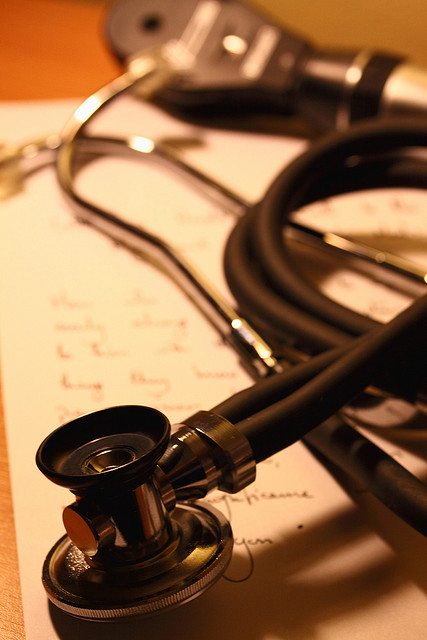Getting diagnosed with anything is tough. There are things to learn, appointments to attend, tests to have done, medications to start, family to inform, insurance to deal with and of course, a TON of emotions that can be all over the place.
I’ve done getting a new prognosis in two ways:
Pre-Book Epiphany: Full-on drama. Complete with too many Google searches, sleepless nights and overwhelm without action. (I talk about that in chapter 7.)
Post-Book Epiphany: Feelings of loss followed by empowering action. Avoiding unnecessary worry. Much more calm.
I don’t recommend going the first route. If you’d like to try what I did to go with the healthier reaction, here are the things NOT to do:
- Hold in your emotions. Grief is part of any diagnosis. You’re losing time, energy, health, lots of stuff. Those things need to be processed. It is OK to cry, even in front of other people. Allow yourself the time and space to let go of what you’re being asked to let go of.
- Look at other people’s outcomes. Chat rooms and forums are great. They can be informative and supportive. However, they can also convince you that the progression of your diagnosis is going to be the same as those you read about. You are a unique individual. It makes more sense to get your prognosis from your health care provider who has examined you.
I’ll admit this is tough. No one can tell me exactly when I will need a kidney transplant because it is really up to my body. It is tempting to head online to try to predict the future with other people’s stories. This is a thinly veiled attempt to control something that I have clearly learned is not mine to control. The future is just exactly what it will be, and I will get there when I get there. That’s the mantra that I keep repeating.
- Fail to ask questions. Always have someone more level headed with you in an exam room. And always write down the questions you want to ask. You’re going to have a lot swirling through your mind and it will help to have a clear thinker to remember to pull out the list of questions and start asking. (Thank you Phillip…my handsome question asker!)
- Forget to take others up on their offer to help. One of the first things people say when they hear that you got a diagnosis is, ‘let me know what I can do to help.’ The rare part is actually taking people up on their offer.
When we provide help to someone, we feel like we are contributing to a positive outcome. It is something to put our energy and emotions toward when we are feeling like there is much out of our control. Allowing others to help, by giving them specific things to do, helps you…and it helps them. You get the assistance you need and they get to feel that they are contributing.
- Focus on what is out of your control. Worry (and stress) comes from feeling that circumstances are out of our control. I mentioned in #2 that we may turn to the internet to try to predict (hence, control) our prognosis.Yes, it is true, there is a ton of stuff that is out of your control when you get a new diagnosis. There is also a lot that is still within your control that can contribute to a positive health outcome. You can follow a healthy diet, exercise, do things you love, spend time with people you love, get out into nature, listen to relaxing music, drink hot tea, read good books, and a host of other things that will help reduce stress. You are going to put your energy somewhere. It can either be on things out of our control: ‘what will the scan say???’ or within your control: ‘I’ll go vegan!’ I have personally found it much more empowering to focus on what is in my control. Chronic Resilience is a book filled with ways that you can take ownership of your diagnosis.
Full-on drama or calm, empowered action, it’s your choice.
Was there anything you’d add to this list of things not to do when you get a new diagnosis?
